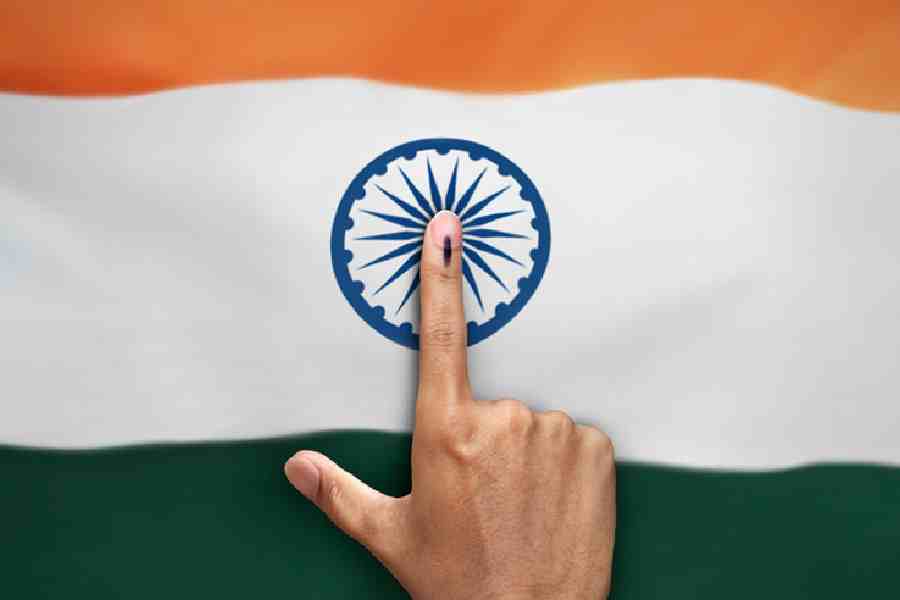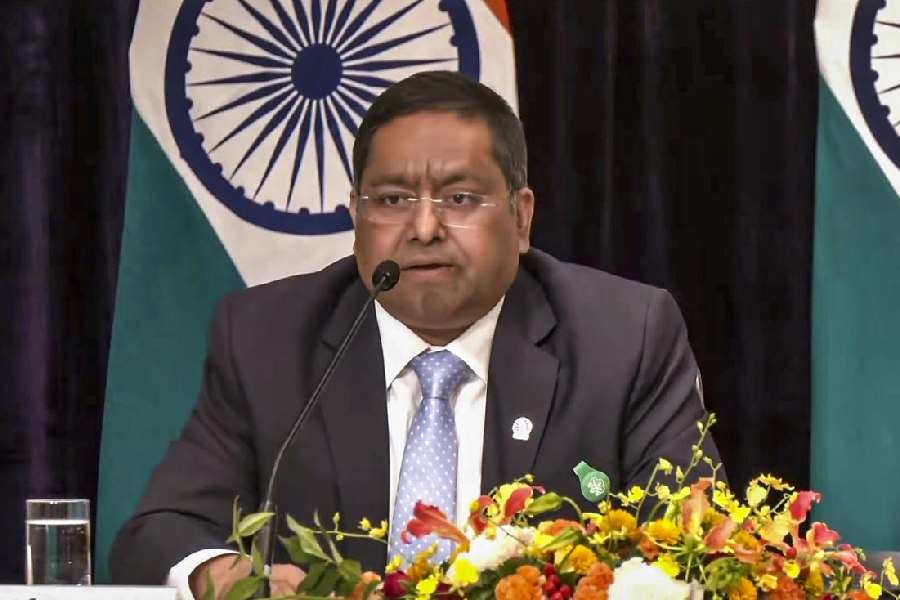What does independence mean in an independent country? The answers to that would be as diverse as can be expected from a many-faceted democracy, but independent candidates in electoral contests might have a unique take. Their growing numbers in India’s multi-party elections led to a hike in the deposit fee, which may not have meant much for party candidates but could pinch the pockets of those running on their own. Yet the discouragement was not noticeably effective: there were around 3,000 independent contestants in the 2014 Lok Sabha elections. They probably represented the most optimistic among Indians, because, typically, only three won. Of course, the ‘independence’ of some of these candidates was disguised partisanship, since some such hopefuls could be fielded by a contesting party to reduce the votes of its rival. There are always others who like to play a power game when the verdict is divided, leaving rivals to bid for their support. Others may want to join the victorious party. But it is the unaffiliated candidate who is truly independent in this framework, and like so many Davids, they keep fighting the Goliaths of political parties. Unlike David of yore, however, they tend to fail rather than succeed.
So why do they do it? K. Padmarajan from Tamil Nadu has fought 237 elections until he was refused a ticket for this year’s Telangana state polls; failure has not ruffled him, neither have the lakhs he has borrowed for his candidatures. One may not be able to resist ‘election fever’, while another may be tempted to change his name in order to be noticeable. But amid all this apparent eccentricity there is also an immovable faith in ideals among some candidates, a desire to stand up against corruption, to speak up for those who are not ‘moneybags’, to empower Dalits and other minority groups. Failure is unimportant to them, because they remind people of important causes, they offer other promises and policies: they are, in spite of their impossible situation, an antidote to cynicism.
An independent candidate is not out of place in a democratic election; he or she is, perhaps, the most obvious symbol of democracy. A government of the people should be all the richer for the persons-next-door, free of parties, contesting to run it. A recent study has shown that the presence of independent candidates induces more people to vote, for they allow voters to express their disenchantment with conventional politicians. They may also bring unpopular causes and ideals to the fore. They do not endear themselves to governments because their presence reduces the votes for the most powerful candidate; the study indicates that even a slight shift may allow a regional or a less powerful party to win in a closely-fought election. Since they cannot influence policy or help governance but just divert votes they are also considered spoilers by many. They know best that independence has its own ironies.










